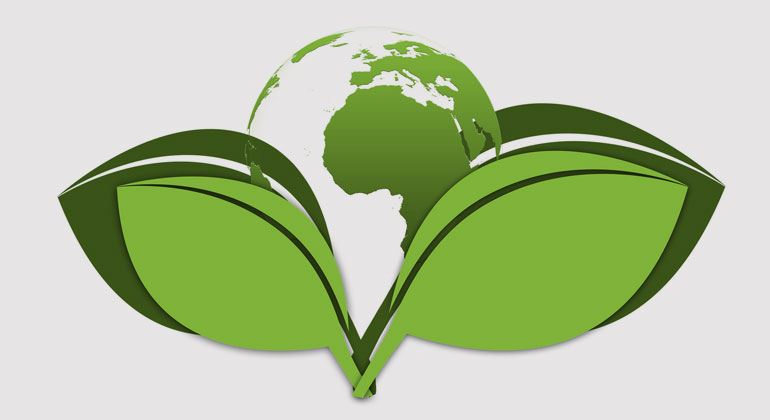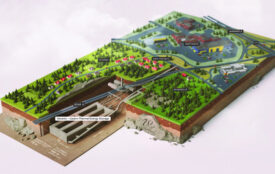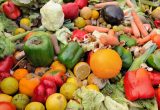Towards food security despite climate crisis and war
To secure the world’s food supply, a shift toward more plant-based and less animal-based foods is needed, researchers explain in a ‘Policy Brief’ published today. The Russian war of aggression on Ukraine has triggered a shortage of some agricultural products as well as gas-produced mineral fertilizers. As a result, food prices are rising. At the same time, droughts and flash floods threaten crops worldwide as the climate crisis intensifies. The researchers show the connections – and make concrete recommendations on how a food turnaround could be initiated.
While around 80% of the world’s arable land is used to produce animal-based foods, they contribute to only 18% of the global calorie supply, the researchers say. If more arable land were used to produce food for people rather than feed for animals, the supply of food could be expanded rapidly and sustainably, reducing price rises and hunger. Less land used for agriculture could also reduce species extinction. In addition, it is clear that the production of animal-based foods leads to significant emissions of greenhouse gases and thus to global warming with its weather extremes. Here, too, a shift toward more plant-based nutrition would help.
The researchers propose three measures:
- a transformation fund to convert out-of-home catering, for example in canteens, and to support farmers in expanding the production of pulses, fruit and vegetables.
- the introduction of certain effective relief packages and incentive taxes for consumers.
- a commission on the future of food and agriculture and the expansion of the competencies of the Scientific Advisory Council for Agricultural Policy, Nutrition and Consumer Health Protection to monitor the transformation process.
- „Für Ernährungssicherheit und eine lebenswerte Zukunft. Pflanzenbasierte Ernährungsweisen fördern, Produktion und Verbrauch tierischer Lebensmittel reduzieren“ | Policy Brief, Zenodo – DOI:10.5281/zenodo.7038961








